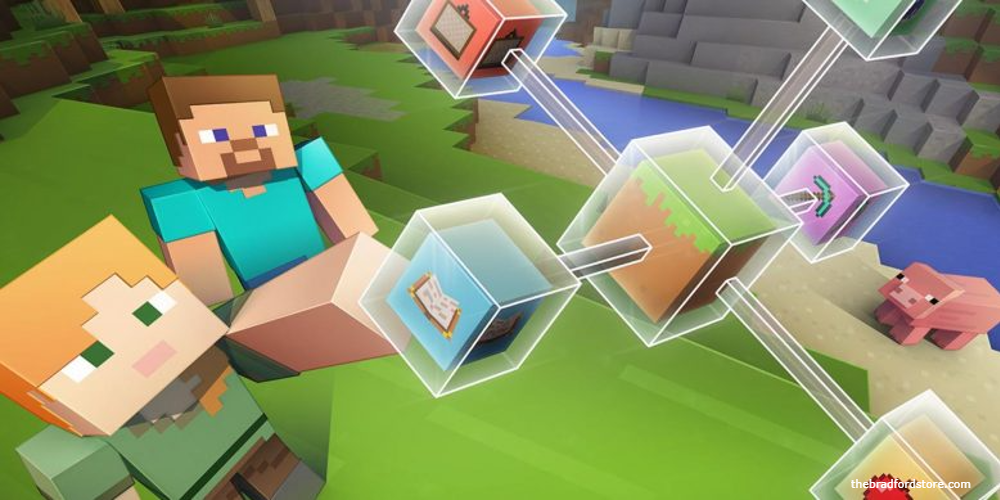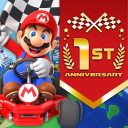Minecraft Advances STEM Education with US Department of Education Funding
- 28 Dec 2023

The US Department of Education is championing a forward-thinking approach to education by investing $4 million into a program that incorporates Minecraft into middle school curricula. This funding, channeled through the Education Innovation and Research program, is dedicated to enhancing computer science literacy among students, particularly those from underrepresented backgrounds.
Minecraft, the highly acclaimed creative game by Mojang, has evolved beyond entertainment, becoming a proven educational resource. Minecraft Education, a specialized branch of the game, has been particularly tailored for school settings, offering complimentary lesson plans and instructional content for educators.
Throughout history, Minecraft has formed partnerships with academic institutions to deliver content tailored to specific educational objectives. Notably, in 2021, lessons integrated into Minecraft Education highlighted significant social issues, such as women's suffrage, with content featuring leaders like the UK's Emmeline Pankhurst and Malala Yousafzai, the esteemed advocate for female education from Pakistan.
The recent initiative by the US Department of Education has empowered the nonprofit Urban Arts to implement its "Creative Coders: Middle School CS Pathways Through Game Design" program. This initiative aims to introduce computer science and coding skills to over 3,000 middle school students in the 6th to 8th grades across New York and California. The program is structured on the premise that engaging students through game-based learning within Minecraft will lead to greater school participation, academic performance, and general interest in education. Moreover, this initiative echoes the success of a comparable program for high schoolers also developed by Urban Arts.
The focus of Urban Arts' "Creative Coders" program is to assist Title I middle schools, where a significant portion of the student population - around 70% - comes from low-income families. To facilitate this, teachers receive support through a combined professional learning model, equipping them with the tools to teach an introductory computer science course founded on a robust curriculum and tried-and-tested teaching methods.
Considering the inherent versatility of Minecraft Education, its utility for teaching coding and other STEM-related subjects has been evident since its initial beta release in 2016. For example, the "Escape Estate" initiative by the group Hours of Code utilized Minecraft's game-based environment to impart fundamental coding skills. In this project, players would navigate through a mansion, using coding logic to unravel a series of challenges in order to 'escape the room'.
Apart from "Creative Coders," the Hours of Code team also constructed "Generation AI" through Minecraft Education, aiming to educate participants about programming as well as ethical AI usage. Beyond these, students can learn cybersecurity and even math through Minecraft-based games such as "M.A.T.H. Mummy Mayhem" by Cambridge Mathematics, proving the platform's extensive educational potential.


